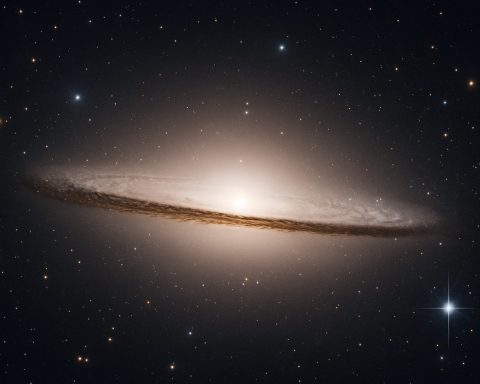Telescopes - Page 8
Telescopes are instruments designed to observe distant objects by collecting and magnifying light or other forms of radiation. They enable the viewing of celestial bodies such as stars, planets, galaxies, and nebulae. Telescopes can be classified into two main types: optical telescopes, which use lenses or mirrors to focus visible light, and non-optical telescopes, which detect other types of electromagnetic radiation, such as radio or infrared waves. The main function of a telescope is to provide a clearer, magnified view of objects that are not visible to the naked eye, thereby enhancing our understanding of the universe.


















